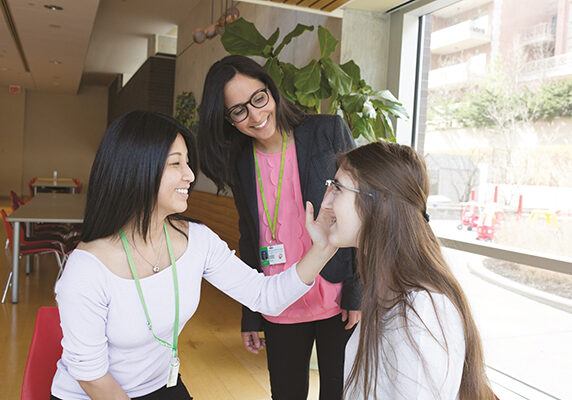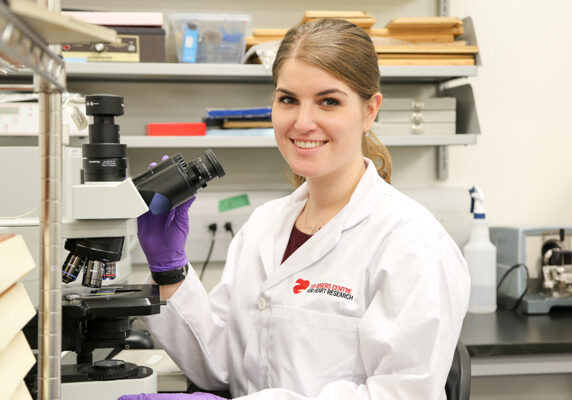
She was born with heart defects. Now she’s researching a cure
Bailey Bernknopf is one of 88 students joining U of T’s Insititute for Biomaterials & Biomedical Engineering this fall
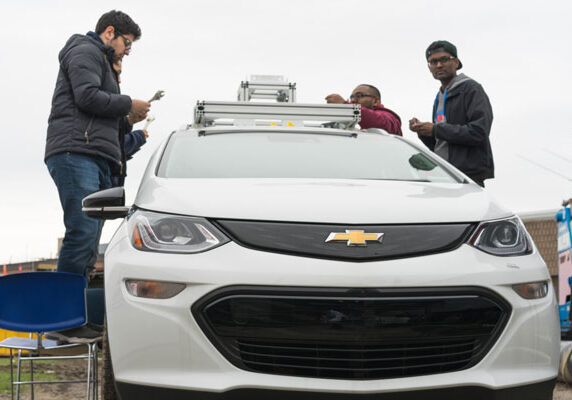
AutoDrive: Student team gears up on self-driving electric vehicle challenge
Chevrolet Bolt to be made autonomous by U of T Engineering team
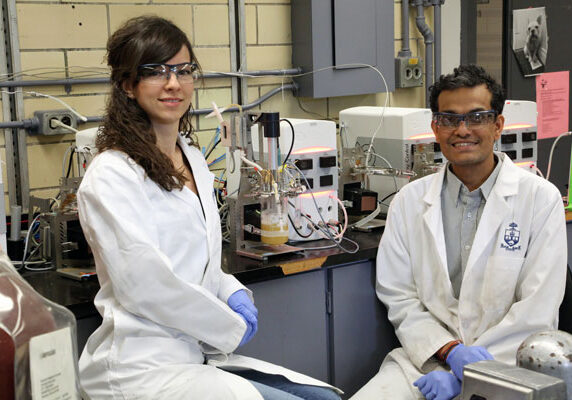
Natural fibres: New yeast strains could turn plant waste into fabrics
U of T Engineering researchers are developing bio-based commodity chemicals, including nylon precursors
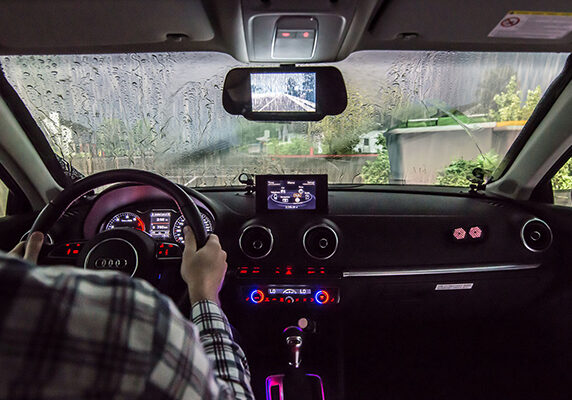
U of T Engineering researchers use DriverLab simulator to focus on driver behaviour and safety
DriverLab is the only simulator of its kind in Canada and offers a safe way to study a range of human variables in realistic traffic and weather conditions
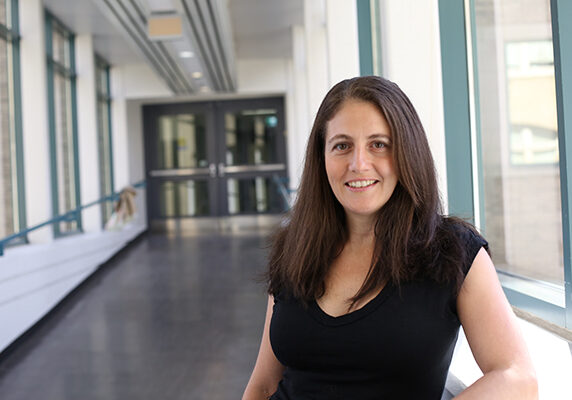
Expert in microfabrication and disease modelling awarded Connaught Fund McLean Award
Alison McGuigan (ChemE) receives $125,000 prize for her work that aims to create better mechanisms for predicting how well promising drugs will work in patients
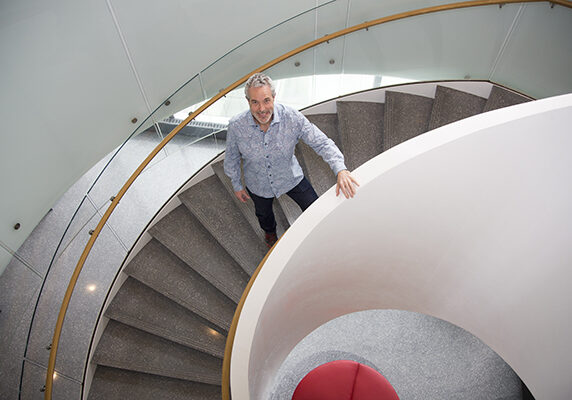
U of T Engineering spinoff Deep Genomics raises US$13 million to fund expansion
The startup, launched in 2015, combines artificial intelligence, or AI, and genomics research to help develop genetic medicines
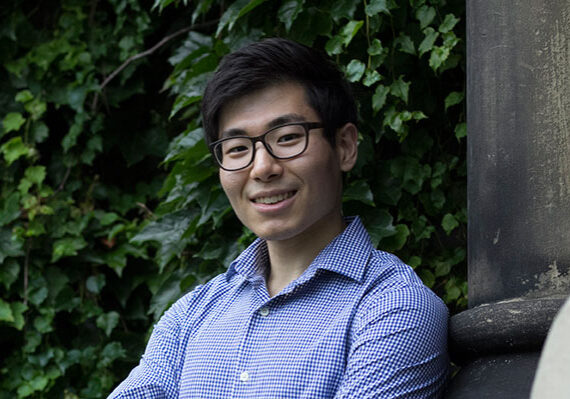
Addressing unique patient needs with technology: U of T offers engineering training to medical students
Master of Engineering program gives MD students advanced tools to understand the design of medical technologies


